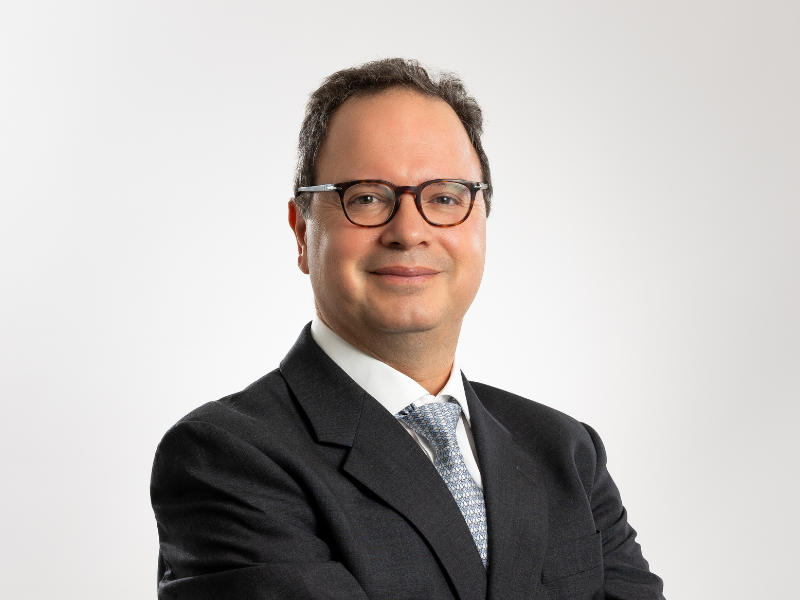Innovation and compliance: Intellectual Property in the Cayman Islands
With its political and economic stability, adherence to international standards, and strategic location, the Cayman Islands provides a fertile ground for safeguarding intellectual assets. This article delves into the significance of IP in the Cayman Islands, its legal framework, and its intersection with economic substance regulations, highlighting the jurisdiction's commitment to fostering innovation and compliance with global standards.
Why the Cayman Islands for Intellectual Property?
The Cayman Islands stands out as a secure and business-friendly environment for managing IP. Governed under UK laws, the jurisdiction aligns its IP framework with international best practices, ensuring seamless recognition and enforcement of rights globally. The Cayman Islands Intellectual Property Office (CIIPO) facilitates streamlined processes for IP registration, making it an attractive hub for businesses and individuals seeking to protect their intangible assets.
Moreover, the jurisdiction's commitment to global tax and regulatory standards, as demonstrated by the Economic Substance Act (ES Act), reinforces its credibility as a financial and innovation hub. The ES Act ensures that entities engaged in IP-related activities maintain substantial economic activity within the Cayman Islands, further solidifying its position as a responsible and compliant jurisdiction.
Understanding Intellectual Property in the Cayman Islands
Intellectual property encompasses creations, including inventions, artistic works, trademarks, and designs. These assets hold significant value for businesses and individuals, necessitating robust legal protection. The Cayman Islands offers a comprehensive framework for various types of IP:
- Trademarks: Protecting brand identity through unique identifiers such as logos, slogans, and packaging designs. Registered trademarks grant exclusive rights and safeguard against unauthorised use.
- Patents: While the Cayman Islands does not directly grant patents, it facilitates the extension of UK and European patents, ensuring their enforceability locally. Patents protect innovations that are unique, useful, and inventive, providing exclusive rights to inventors.
- Copyright: Automatically protecting original works like books, music, software, and films. Copyright grants creators exclusive rights to reproduce, distribute, and publicly perform their creations.
- Design rights: Preserving the design elements of products, such as form, structure, and appearance. While industrial design registrations are not currently offered, designs may be protected under copyright law.
- Trade secrets: Protecting confidential business information, such as formulas and client lists, without requiring formal registration.
The role of Economic Substance in IP management
The ES Act plays a pivotal role in ensuring that IP-related activities in the Cayman Islands contribute to the local economy. Entities engaged in "intellectual property business" must meet the Economic Substance Test (ES Test), which includes:
- Core Income Generating Activities (CIGA): Activities such as managing risks, making strategic decisions, and conducting research and development must occur within the Cayman Islands.
- Operational presence: Entities must maintain a real presence in the Cayman Islands, including premises, staff, and business-related expenses.
- Directed and managed requirements: Board meetings and strategic decision-making must take place locally, with proper documentation and record-keeping.
High-risk IP businesses, such as those holding patents or trademarks without substantial local activity, face enhanced scrutiny under the ES Act. Compliance with these requirements not only ensures adherence to global tax standards but also enhances the credibility and value of IP assets.
Benefits of IP registration in the Cayman Islands
Registering IP in the Cayman Islands offers numerous advantages:
- Legal protection: Registered IP serves as concrete proof of ownership, simplifying enforcement in cases of infringement.
- Economic growth: IP protection encourages innovation, attracts investment, and supports business expansion.
- Global recognition: The jurisdiction's alignment with international standards facilitates seamless entry into global markets.
- Enhanced credibility: Registered IP assets boost investor confidence and access to funding.
Navigating IP and economic substance compliance
Managing IP in the Cayman Islands requires a strategic approach to ensure compliance with both IP laws and economic substance regulations. Professional IP services play a crucial role in simplifying the registration process, ensuring legal compliance, and providing expert guidance on portfolio management and licensing opportunities. Similarly, entities engaged in IP-related activities must accurately classify their business activities, maintain thorough documentation and seek professional advice to meet ES obligations.
Conclusion
The Cayman Islands offers a unique blend of innovation-friendly policies, robust legal infrastructure, and adherence to global standards, making it an ideal destination for managing intellectual property. By integrating IP protection with economic substance requirements, the jurisdiction not only safeguards intangible assets but also fosters economic contributions and global credibility. For businesses and individuals seeking to protect and maximize the value of their intellectual assets, the Cayman Islands stands as a beacon of opportunity and compliance in an increasingly competitive world.


